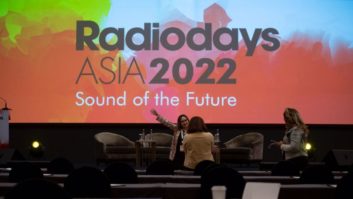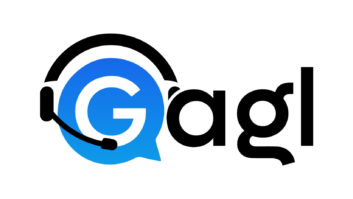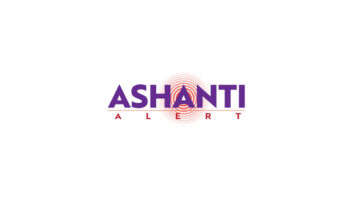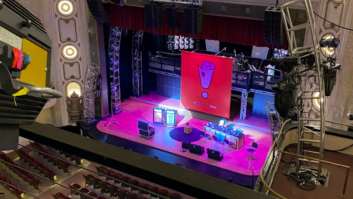Radiodays Europe, which took place March 23–25 in Dublin, played host to a number of discussions on the state of radio today.
A highlight of the event was the keynote address by Irish Prime Minister Enda Kenny, who said during his speech that radio is vital to society informing them about issues of the day, particularly regarding politics and politicians. Radio provides people with “intimacy and immediacy, particularly when people have built up a relationship of trust with the station or the show,” he said.
Kenny also focused on the social impact of radio by highlighting that “EU-wide, the radio sector is worth €8.4 billion and supports over 70,000 jobs.”
Furthermore, he called for the radio industry to support communities not only with information and news, but also with good news. He also spoke of the need to engage with both national and local news.
The gathering, which attracted some 1,300 delegates from 60 countries, welcomed a number of speakers. Sporting the theme “Connected Radio,” this year’s Radiodays Europe was hosted by Noel Curran, director general of RTÉ and John Purcell of IBI. Annik Nyberg-Frankenhaeuser of the EBU and Stefan Moller, AER also welcomed delegates, said Radiodays Europe organizers.
Jacqueline Smit, Radio 538, Netherlands; Helen Boaden, BBC, United Kingdom; Cilla Benko, SR, Sweden; and Maryam Salehi, NRJ, France took part in the opening session, which focused on the evolution of radio.
During the session, Boaden spoke about deepening the relationship with listeners through a combination of current radio services and programs that surprise people. She also drew attention to the difficulty of investing in innovation and content, and the difficult balance faced by both public and commercial stations.
On the topic of digital radio Salehi pointed out that, “We put niche radios on the Web; it gives people a taste for the premium radio.” Putting radio on the Web is a way to strengthen the brand of a station. It pushes people to the main brand station. Benko agreed that stations need to produce “bits and pieces,” so people can listen on social media and share with friends, making radio more accessible, especially on the phone. Boaden emphasized all the work that is going on to try to get radio into mobile phones, which is currently the focus of many broadcasters.
Radiodays Europe 2015 is slated to take place in Milan, Italy, March 15–17.












